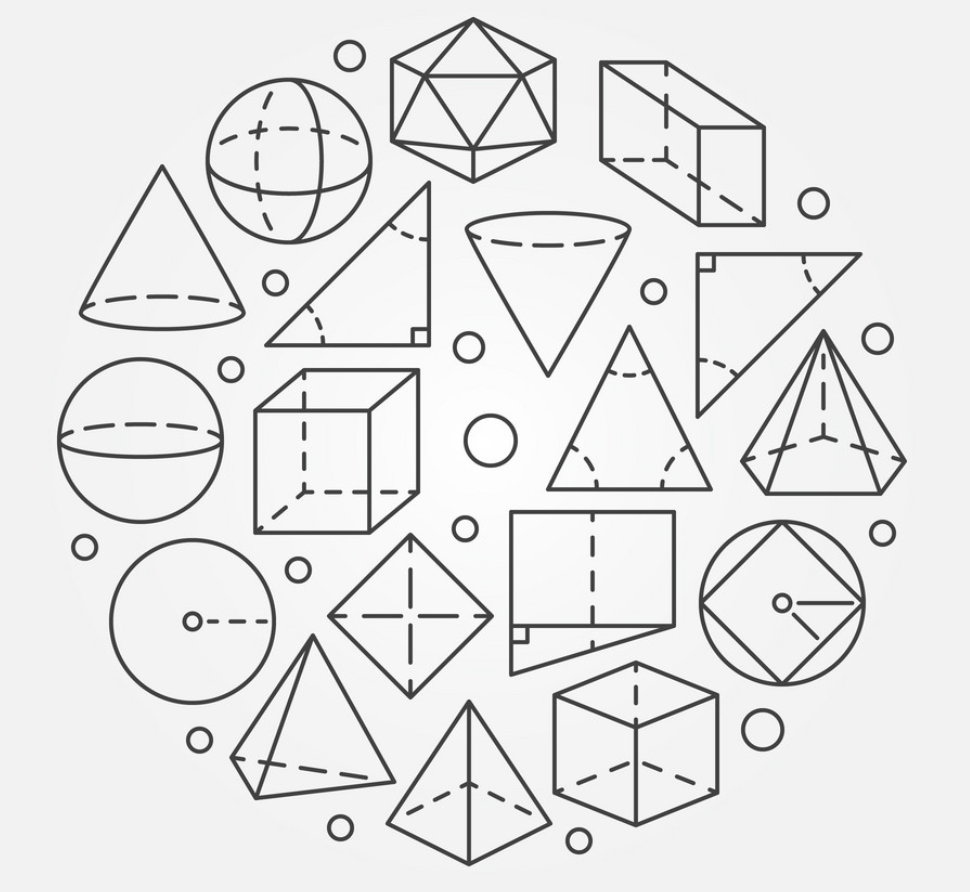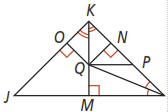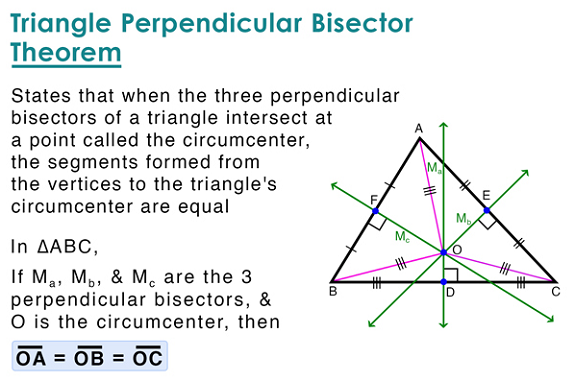Unit 5 Lesson 3 Bisectors of Triangles
Unit 5 Lesson 3: Bisectors in Triangles
Lesson Overview
Bisectors of Triangles
What You Will Learn
- What determines the point of concurrency
Additional Resources
Overview
 In this lesson, you will learn when three or more lines intersect at one point, they are concurrent. The point at which they intersect is the point of concurrency.
In this lesson, you will learn when three or more lines intersect at one point, they are concurrent. The point at which they intersect is the point of concurrency.
Essential Understanding
For any triangle, certain sets of lines are always concurrent. Two of these lines are the perpendicular bisectors of the triangle's three sides and the bisectors of the triangle's three angles.
- Read Pages 214-220 in your course textbook.
This course is based on a textbook that is viewable by clicking on the textbook icon. Keep the textbook open while you go through the lesson so that you may refer to it throughout the lesson.
Lesson 3: Bisectors of Triangles
Proceed to the Next Page
Prepare for Application
Instructions
You have now studied Bisectors in Triangles. It is now time to demonstrate your learning.
Try the activities below on your own. You should be able to answer these before beginning the practice.
Create an extra journal called 'Unit 5: Lesson 3 activities' and do these in your journal.
Activity 1
What are the coordinates of the circumcenter of the triangles with vertices A(2, 7), B(10, 7), and C(10, 3)?
Activity 2
Use the following diagram for questions 1-2.
- QN = 5x + 36 and QM = 2x + 51. What is QO?
- Is it possible for QP to equal 50? Explain.

Activity 3
Refer to Problem 2 on page 303 of your textbook. Suppose the town planner wants to place a bench equidistant from the three trees in the park. Where should he place the bench?




